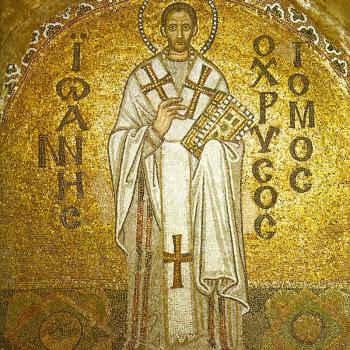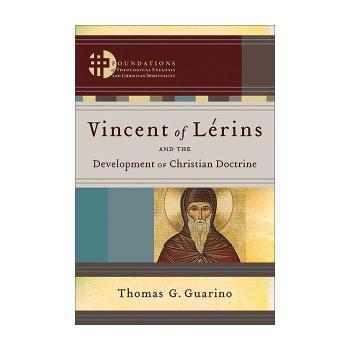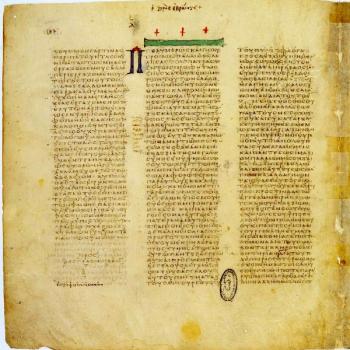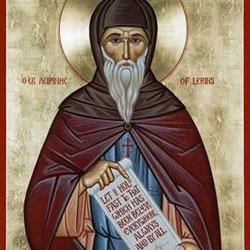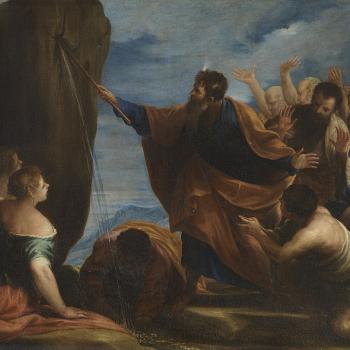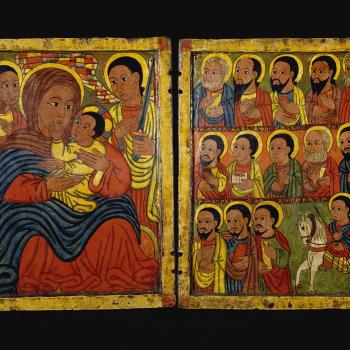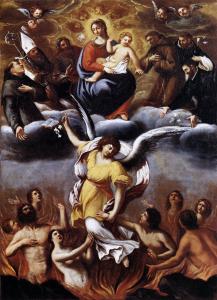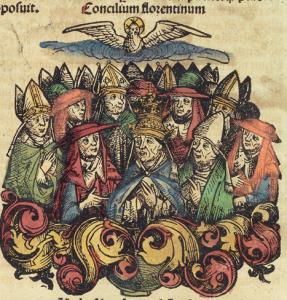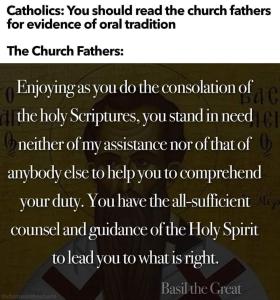Introduction: In the previous post, the Protestant doctrine of the perspicuity of Scripture was laid out, and it was said that the idea is inconsistent with the conception of the material sufficiency of Scripture. As such, it lies outside the boundary of Catholic teaching. It remains in the following post to examine 2 Timothy 3:16 in the context of sufficiency. 2 Timothy 3:16 and Formal Sufficiency: This passage has long been one that many Protestant theologians have leaned... Read more


